|
|
INTERESTING IDEAS
THE GREEN NEW DEAL
TVM analysis of the Congressional Resolution of 2019
|
|
TVM FRAMING OF THE GREEN NEW DEAL
|
|
WE WANT TO MAINTAIN AN OPEN KNOWLEDGE MODEL
|
|
A MODEST DONATION WILL HELP MAKE THAT HAPPEN
|

|
Numbering the Triple Bottom Line


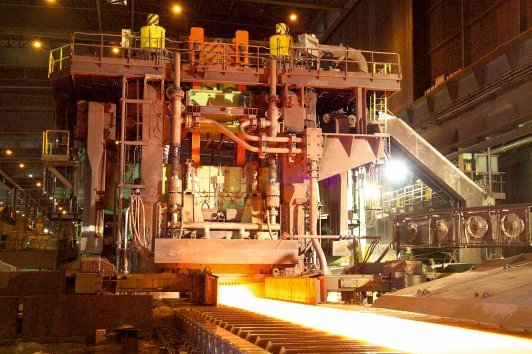
Accounting for ALL the Capitals
|

|
|
|
Navigation to a massive amount of information
|
|

|
METRICS TO MAKE THE WORLD A BETTER PLACE
TRANSPARENCY / ACCOUNTING / ACCOUNTABILITY
|

|
|
.
|
PROBLEMS
SOME EXAMPLES OF UNIMPRESSIVE RESULTS
|
|
ECONOMIC INEQUALITY
|
ENVIRONMENTAL DEGRADATION
|
EXTREME WEATHER
|
 Luxury Yachts
Luxury Yachts
|
 Homeless camp
Homeless camp
|
 Deforestation
Deforestation
|
 Strip Mining
Strip Mining
|
 Eye of storm
Eye of storm
|
 Hurricane
Hurricane
|
|
PHYSICAL DESTRUCTION
|
AIR POLLUTION
|
DROUGHT
|
 Aleppo Syria
Aleppo Syria
|
 Mosul Iraq
Mosul Iraq
|
 Greenhouse Gas
Greenhouse Gas
|
 Traffic
Traffic
|
 Somaliland
Somaliland
|
 Ethiopia
Ethiopia
|
|
HUMAN DESTRUCTION
|
SOLID WASTE
|
FLOODS
|
 Liberia
Liberia
|
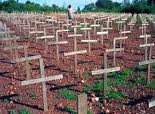 Rwanda
Rwanda
|
 Ocean plastic
Ocean plastic
|
 Landfill
Landfill
|
 Houston, Texas
Houston, Texas
|
 Mozambique
Mozambique
|
|
REFUGEES
|
BIODIVERSITY AT RISK
|
HUMAN HEALTH
|
 IDPs in Chad
IDPs in Chad
|
 Refugess in Jordan
Refugess in Jordan
|
 Elephants
Elephants
|
 Habitat
Habitat
|
 Malnutrition
Malnutrition
|
 Expensive Medicine
Expensive Medicine
|
|
ROADS and BRIDGES
|
WATER
|
INDUSTRIAL DETRITUS
|

Bridge Collapse
|

Road Congestion
|
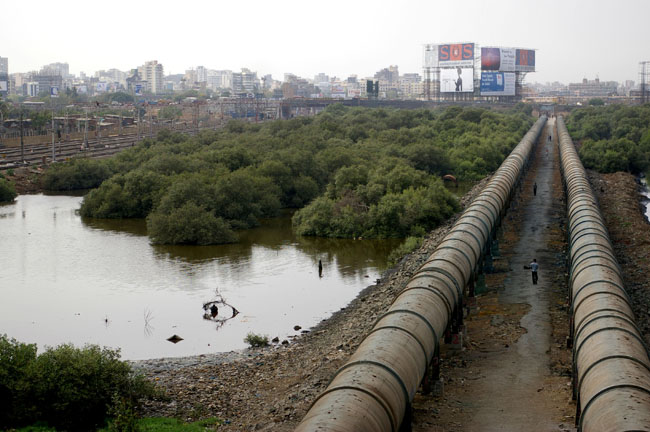
Not enough water
|

Polluted water
|
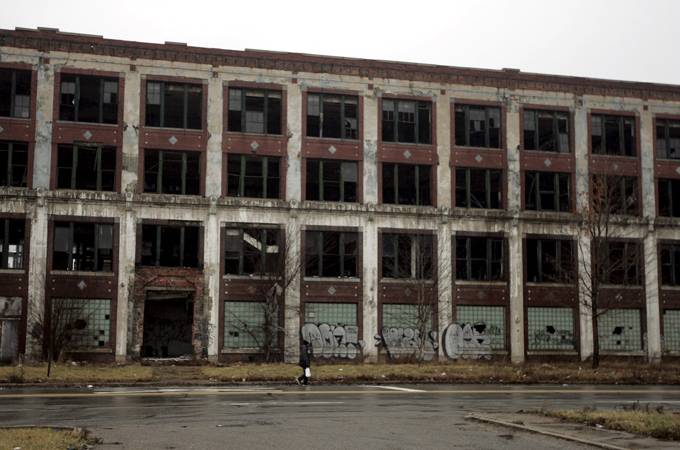
Abandoned factory
|
|
|
It makes no sense that the amazing power of technology is producing such poor social and enviromental performance. A part of the problem has been that most of management decision making has been all about profit and financial wealth creation with little or no attention being paid to the impact on society as a whole nor the impact on the environment.
|

|
|
.
|
|
POSSIBILITIES
|
|
.
|
|
SOME EXAMPLES OF AMAZING TECHNOLOGY
|
|
MEDICAL SCIENCE
|
MATERIALS
|
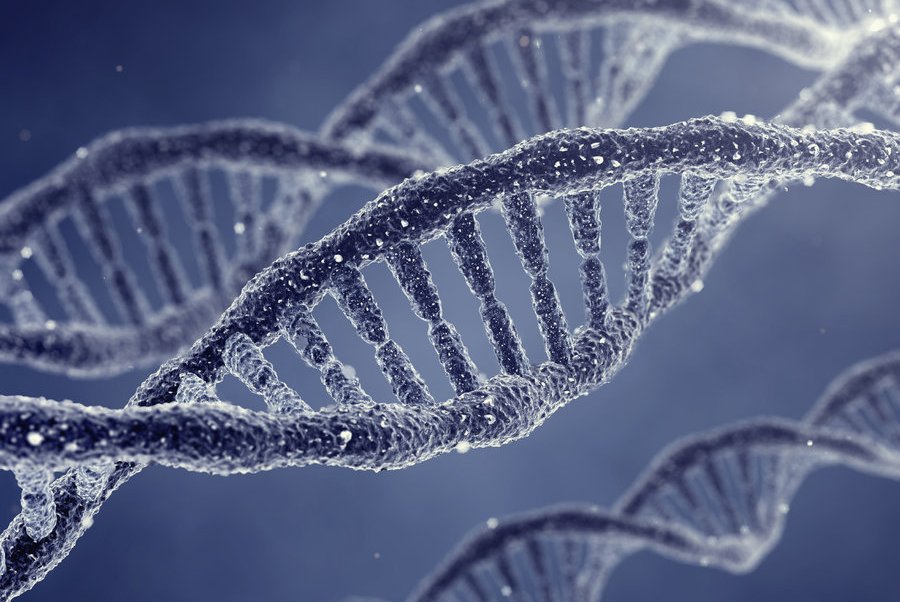
Genetic code / DNA
|

Antibiotics
|

3D Printing
|

Composite materials
|

Plastics
|

High strength steels
|
|
ELECTRONICS
|
COMMUNICATIONS
|

IBM
|

Microsoft
|

Oracle
|
 Apple
Apple
|

Print Media
|

Digital Media
|
|
SOCIAL MEDIA
|
PASSENGER TRANSPORT
|

Google
|

Facebook
|

Twitter
|
 Passenger Rail
Passenger Rail
|
 Passenger Car
Passenger Car
|

Passenger Bus
|
|
FREIGHT / LOGISTICS
|
AEROSPACE
|

Shanghai new port
|

Container Ships
|

Freight rail
|

Jet engines
|

Passenger Aircraft
|

Satellites
|
MOON
SHOT

|
MEDICAL
SCIENCE

|
Amazing things become possible when people are motivated to do them. Going to the moon is one such example. There are impressive scientific breakthroughs in medical science and all the other sciences. Research funding is essential, together with the money to deploy commercial applications.
|
FOSSIL FUEL
ENERGY

|
RENEWABLE
ENERGY

|
There is a scientific consensus that fossil fuels have and continue to contribute to GHGs and the resultant global climate crisis. Improved technology has made alternative ways to generate electricity cost competitive with legacy fossil fuel generation.
|

|
|
.
|
|
PROGRESS & PERFORMANCE
|
|
.
|
|
CAPITAL MARKETS & STOCK VALUES UP
|

|
Stock market has been spectacular
The financialization of the economy since the 1980s has resulted in substantial financial growth. There will a challenge to maintain economic progress into the future. It cannot be done without making substantial changes in the way activity in the economy is incentivized.
|
|
STRONG GDP GROWTH
|

|
GDP growth has been very strong
The financialization of the economy since the 1980s has resulted in substantial financial growth. There will a challenge to maintain economic progress into the future. It cannot be done without making substantial changes in the way activity in the economy is incentivized.
|
|
PRODUCTIVITY UP but WAGES HAVE FLATLINED
|
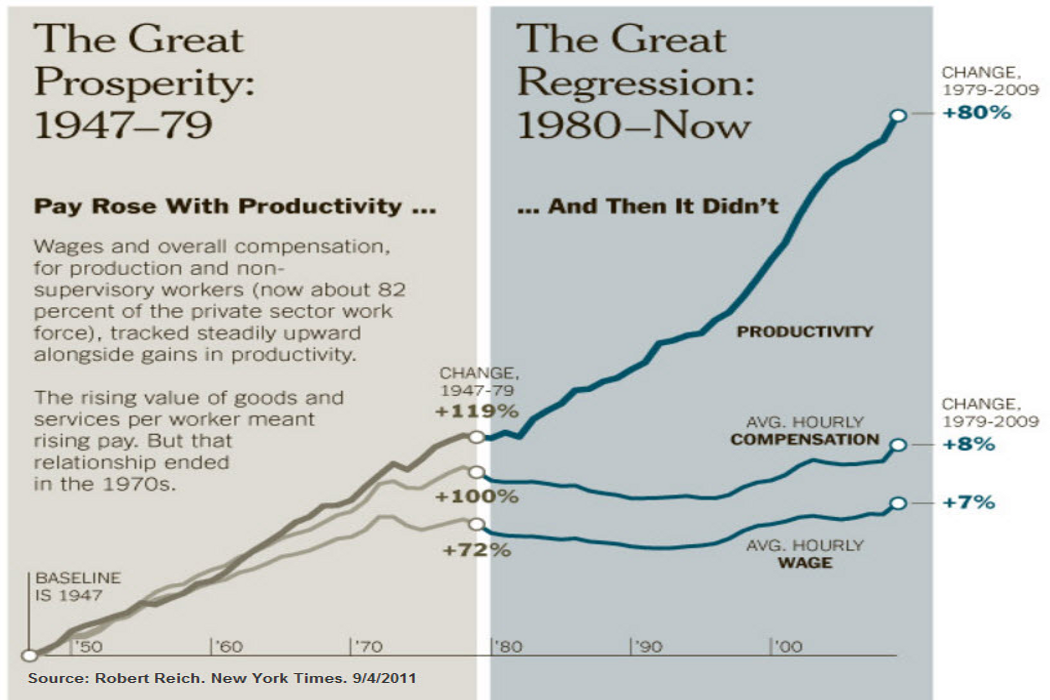
|
Everything changed in the 1970s
American workers were well paid and accumulating wealth from 1945 until the 1970s. Since then workers in the USA have not shared in ongoing corporate productivity improvements which has all gone to owners and top managers. Worse, bankers have facilitated consumption by providing massive amounts of credit and advertising has promoted buying and consumption well beyond what is reasonable.
|
|
INEQUALITY AT RECORD LEVELS
|

|
Huge wealth for a few ... not so much for many
The modern Western economy has been gamed by those with power and influence on a record scale since the 1970s. This has been enabled by modern technology as well as by the spread of knowledge and education, without perhaps adequate understanding of how the global soci-enviro-ecnomic system works.
|

|


|
|
Managing complexity is difficult. In modern times, the system has been managed for the benefit of those who own financial capital. The dominant economic metrics have been GDP growth, corporate profit growth and stock market wealth. Management metrics have been aligned to these same goals, and have been very effective.
|
|
.
|
|
THESE METRICS ARE USED FOR DECISION MAKING
|
GDP GROWTH

|
CORPORATE PROFITS
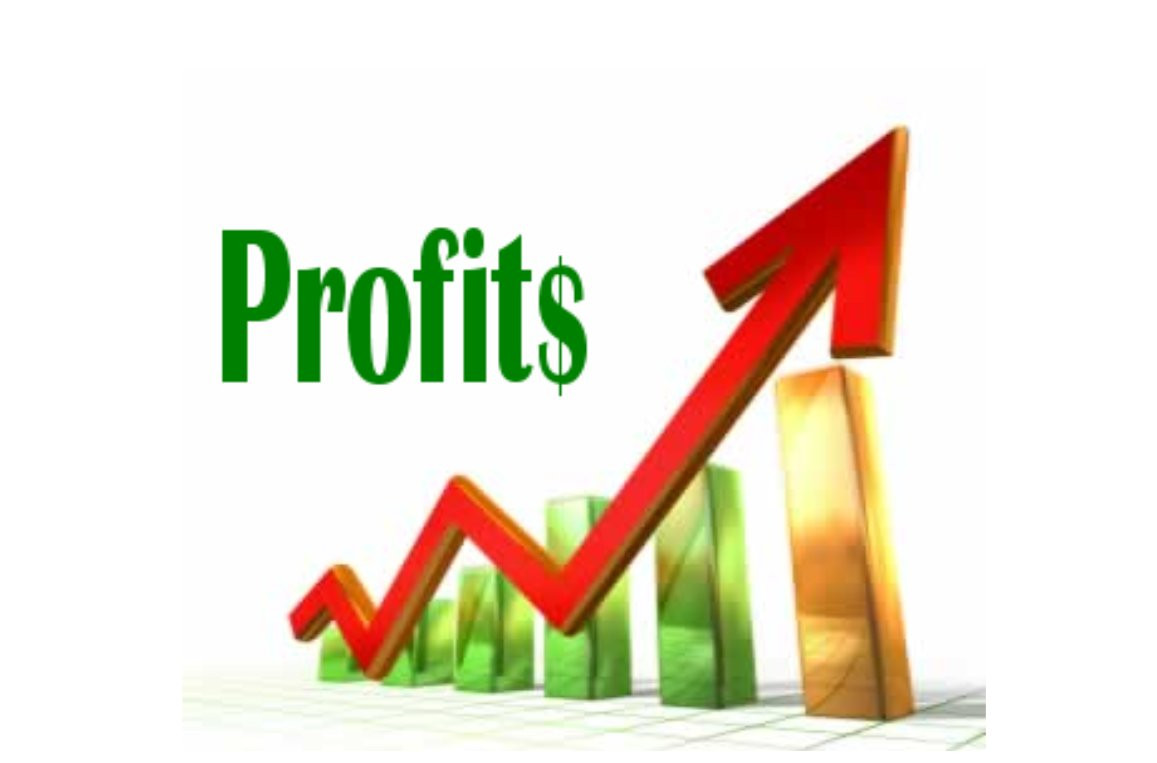
|
STOCK PRICES
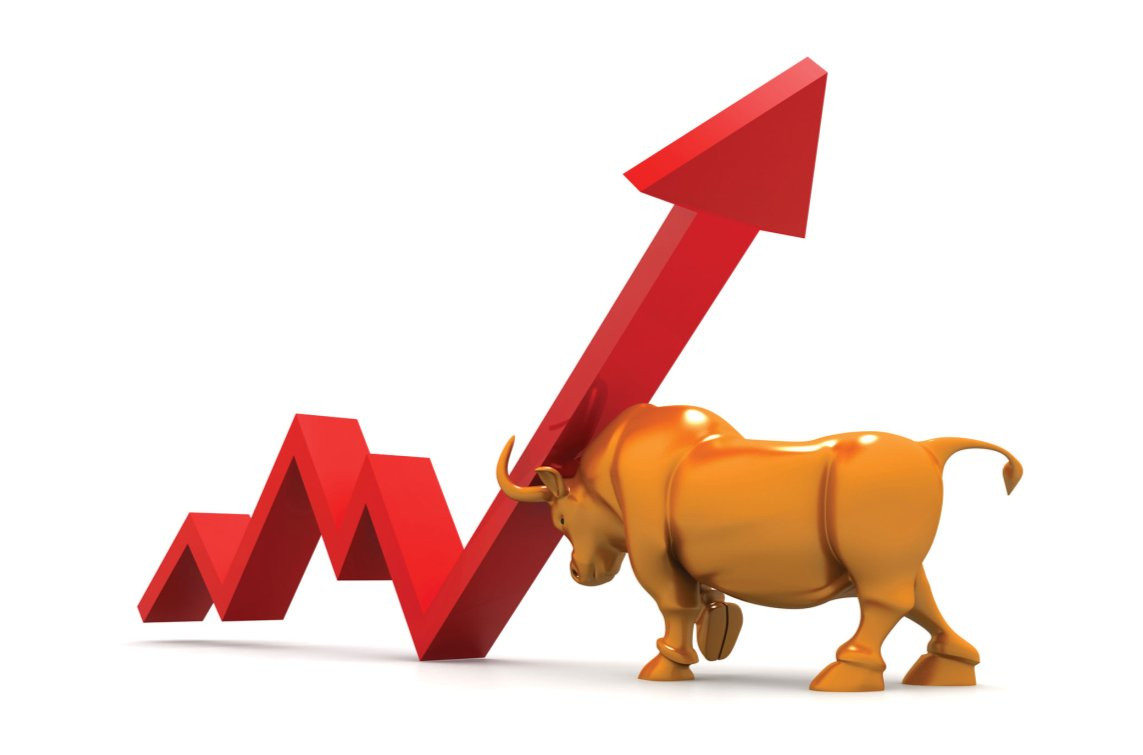
|
AND THE RESULTS ARE FAR FROM SATISFACTORY
IN FACT, THE RESULTS ARE CATASTROPHIC
|
|
ECONOMIC INEQUALITY
|
ENVIRONMENTAL DEGRADATION
|
EXTREME WEATHER
|
 Luxury Yachts
Luxury Yachts
|
 Homeless camp
Homeless camp
|
 Deforestation
Deforestation
|
 Ocean plastic
Ocean plastic
|
 Eye of storm
Eye of storm
|
 Hurricane
Hurricane
|
|
While there has been impressive financial performance, it has come at the expense of catastrophic inequality with far too many left behind, degradation of the environment and climate instability with extreme weather events.
|

|
|
.
|
|
TAKE INTO ACCOUNT
ALL
THE CAPITALS
|
|
GOING BEYOND FINANCIAL CAPITAL AND MONEY WEALTH
|
SOCIAL
CAPITAL

SOCIO
SOCIAL IMPACT
|
ENVIRONMENTAL
CAPITAL

ENVIRO
ENVIRONMENTAL IMPACT
|
ECONOMIC
CAPITAL
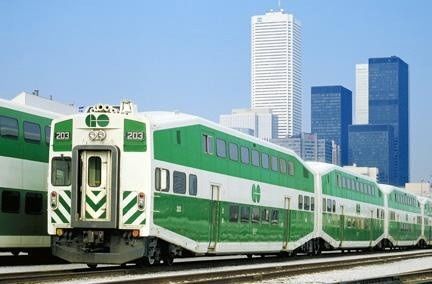
ECONOMIC
ECONOMIC IMPACT
|
|
Social and economic progress has been achieved over the past 200+ years by expoiting natural capital. All value originates with nature and everything depends on nature. This is unsustainable, but technological innovation can (must) be used to change things for the better.
|
|
ACTIVITIES have IMPACT on ALL the CAPITALS
|

|

|
AGRICULTURE / FOOD
The flow of food is of immense importance. It is essential for life itself, and the flow has impact on society and the wellness of people, on the degradation of the environment and is also a big employer and wage payer as well as an economic source of profit.
|

|

|
ENERGY
Energy has been essential for the amazing progress realized since the beginning of the industrial revolotion, but the damage to the environment has not been accounted for, and now poses an existential threat to almost everything that have been normal for thousands of years.
|
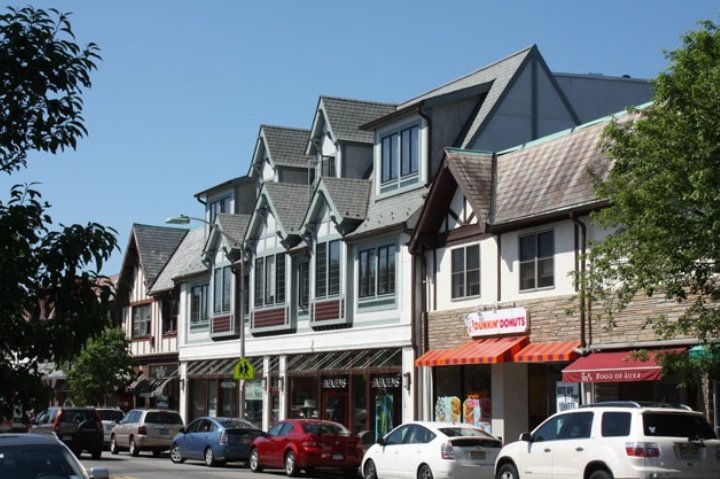
|

|
PLACE
Where people live, and how they live is important for quality of life. The management of place needs to be a holistic process taking into consideration social impact, environmental impact and economics. Good infrastructure and the availability of services are essential.
|

|
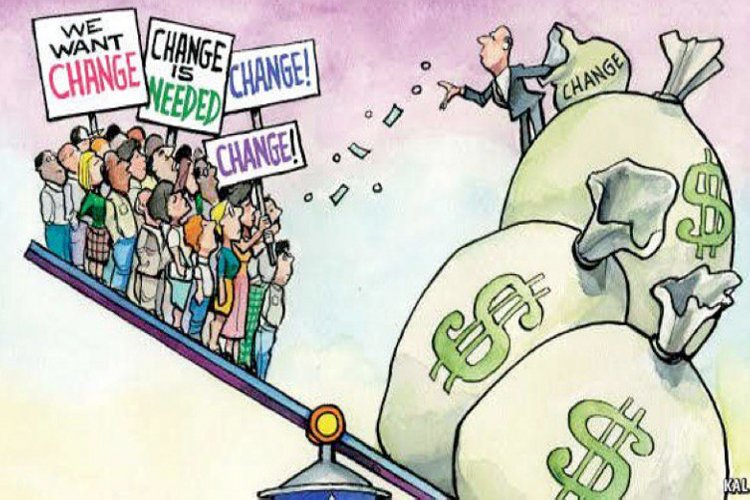
|
WORK
Workers should be paid a decent wage that reflects a fair allocation of the benefits of productivity between workers and owners. This has not happened since the 1980s. Companies must be held accountable for their payroll profiles, including the payrolls that are embedded in their material and product flows.
|

|

|
MATERIAL / PRODUCTS
The flow of material from extraction to eventual post use waste has a variety of impacts on society and the environment at every stage. All of this should be accounted for and all the actors should be held accountable in a meaningful way. Every material and every product whould have a standard value profile to enable this accountability.
|
|
SOCIAL IMPACT
|
Income flows and consumption support quality of life. The contributions people make are both paid work and a variety of unpaid valuable services. There is net benefit AND change to capitals (hopefully positive)
|
|
ENVIRONMENTAL IMPACT
|
Ecosystem services are a source of all value. System changes are happening faster now that at any time in history. Extreme weather events have become more frequent and dangerous
|
|
ECONOMIC IMPACT
|
There are operating costs for all economic activities. There are benefits from economic activity. There is net benefit AND change to capitals (hopefully positive)
|

|
|
.
|
|
MANAGE
ALL
THE ACTIVITIES AND ACTORS
|
|
.
|
CONSUMPTION
CONSUMPTION DRIVING THE MODERN ECONOMY
|
|
CONSUMPTION
|
IMPACTS OF PRODUCTION
|
Quality of Life

SOCIO
|
Pollution

ENVIRO
|
Profit

ECONOMIC
|
|
Consumption is driving the modern economy. It looks like success as long as the depletion of natural resourcs and the degradation of the environment is ignored.There is strong correlation between better quality of life and more consumption in poor economies, but less so in mature rich economies. Rich economies are increasingly associated with catastrophic pollution, waste, inequality and inefficiency.
|
|
.
|
PEOPLE AS ACTORS
MOST ACTORS ARE PEOPLE ... WHO SHOULD BE HELD ACCOUNTABLE
|
PEOPLE HAVE A VARIETY OF DIFFERENT ROLES
MANAGE SO THAT EVERYONE IS ACCOUNTABLE
|
AS INDIVIDUALS

Live life ... work & family
|
IN ORGANIZATIONS

Do the work ... make the decisions
|
AS INVESTORS

Allocate financial resources
|
|
Prevailing metrics and financialization have had mixed results ... very good economic ouitcomes for an elite few, but extremely disappointing for everyone else. The concentration of wealth and power is fueling global discontent in very destabilizing ways, including social discontent and anger at the establishment elites and increasingly out-of-control climate instability.
|

|
|
.
|
ENVIRONMENT AS ACTOR
NATURE IS A POWERFUL ACTOR ... AND SHOULD BE RESPECTED
|
NATURE PREDATES PEOPLE BY BILLIONS OF YEARS
AND IS THE SOURCE OF ALL VALUE
|
|
.
|
|
FOR EXAMPLE NATURE MAKES A FISHERY SUSTAINABLE
|
|
JUVENILE NURSERY
|
INDUSTRIAL FISHERY
|
SEAFOOD MARKET
|

|

|

|
- Natural Capital is foundation for this fish and food flow
- Economic Activity captures fish, employs fisherfolk and earns profit.
- Social Capital benefits from employment and food
|

|
|
.
|
|
CONSIDER ALL THE PERSPECTIVES
|
|
NOT ONLY PROFIT, BUT ALSO PEOPLE, PLACE & PRODUCT
|
PROFIT

Economic goal
|
PEOPLE

Men, women & children
|
PLACE

Where people live
|
PRODUCTS

Quality of Life
|
|
There is valueadd when there is a positive balance from every perspective. Profit alone is not enough, people should also progress. And the progress of people is enhanced by the characteristics of the place. Products impact everything. The production of products is a factor in the generation of profits. The consumption of products is a factor in the quality of life of people. Not least, the place influences where products may be and are produced.
|
|
BUT ALSO CATASTROPHIC DAMAGE TO SOCIETY AND THE ENVIRONMENT
|
GEOPOLITICS

WAR / DESTRUCTION
|
WATER SHORTAGE

DEATH from DROUGHT
|
EXTREME WEATHER

GETTING WORSE
|
POLLUTION

NATURE AT RISK
|
|
The value destruction associated with a wide range of negative externalities are ignored in the assessment of investment and the performance of the modern economy. Taking these matters into consideration changes the picture of performance dramatically and explains the modern crisis of confidence in leadership.
|

|
|
THE TRENDS ARE CATASTROPHIC
|
|
ACCOUNTING FOR SOCIAL, ECONOMIC AND NATURAL CAPITALS
|
COLOR CODE

|
DISTANT PAST

|
PRESENT NOT GOOD

|
FUTURE COLLAPSE

|
|
Aggregated Socio-Enviro-Economic Trends
|
|
What has been happening ... What needs to happen in the immediate future
|
|
THE WHOLE SYSTEM
|
THE ACTUAL PAST
|
A NO CHANGE FUTURE
|
A BETTER FUTURE
|

|

|

|

|
|
More and more DEPLETION and DEGRADATION of NATURAL CAPITAL is UNSUSTAINABLE
|
|
SINCE WWII, GREAT FINANCIAL PERFORMANCE TILL 1970s
|
PRODUCTIVITY UP
WAGES UP

From end WWII to around 1980
|
STRONG
GDP GROWTH

GDP growth has been very strong
|
CAPITAL MARKETS
STOCK VALUES UP

Stock market has been spectacular
|
BETTER
HOUSING

More decent housing to around 1980
|
|
BUT MOST WORKERS IN THE WEST LEFT BEHIND SINCE THEN
|
PRODUCTIVITY UP
WAGES FLAT

From around 1980 to present time
|
GDP GROWING
GPI FLAT

While GDP is up, progress (GPI) is flat
|
GROWING
INEQUALITY

More obscene luxury
|
DEGRADED
HOUSING

Slums proliferating since 1980
|
|
TOP 1% ... HUGE WEALTH and EXPENSIVE TOYS
|

Real Estate
|

Luxury Yachts
|

Private Jet
|

Hermes handbag
|
|
CATASTROPHIC SITUATION FOR BOTTOM OF THE PYRAMID
|

Terrible Poverty
|

Malnutrition
|

Starvation
|

Genocide
|

Telling the truth
|

Urban slums
|
|
|
|
THREE SEGMENTS OF SOCIAL CAPITAL
|
|
HUMAN CAPITAL
|
RELATIONSHIP CAPITAL
|
LOCATIONAL CAPITAL
|
Individual
The basis for everything important ...
|
Family / Community
The family an important part of the social structure
|
Place / Community
The place factors into quality of life
|

|
Individual ... Human Capital
Quality of life at the individual level
Past: Value emerging from childhood, parenting, education, healthcare, family and friends, experience ...
Present: Current situation, job and earnings, family and friends, housing, health, wealth, etc. ...
Future: How well prepared. Possibilities in the place.
|

|
Family & Friends ... Relationship Capital
The family and friends are important parts of the social structure
The relationships associated with family, friends and connections magnifies or diminishes human capital.
A good idea that is never shared has no value, but the network effect of many connections may make it valuable.
|

|
Place / Community ... Locational Capital
The place factors into quality of life ... the place really matters.
A high potential place augments social capital and is diminished by a low performance place.
A really smart place is driven by strategy where the potential of people is well understood and used to good effect.

|
Cultural Capital
The place factors into quality of life ... the place really matters.
A high potential place augments social capital and is diminished by a low performance place.
A really smart place is driven by strategy where the potential of people is well understood and used to good effect.

|
Spiritual Capital
The place factors into quality of life ... the place really matters.
A high potential place augments social capital and is diminished by a low performance place.
A really smart place is driven by strategy where the potential of people is well understood and used to good effect.
| | |
PEOPLE ARE THE ACTORS IN THE SYSTEM
It is people (actors with identities) that must be held accountable.
|
AS AN INDIVIDUAL
AND/OR AS FAMILY
|
AS AN INDIVIDUAL
IN AN ORGANIZATION
|
AS AN INDIVIDUAL
MAKING INVESTMENTS
|

|
AS AN INDIVIDUAL AND/OR AS FAMILY
The individual, and family and friends are at the center of everything. Everyone should be progressing towards a better life, both individually and collectively. Individuals should have the freedom to succeed, but enough support never to fail.
|

|
AS AN INDIVIDUAL IN AN ORGANIZATION
Most economic activity is driven by decisions made in the corporate business setting. These decisions are made by people and it is people that must be held accountable. Better decisions will be made when there is effectiving numbering of social, environmental and economic performance.
|

|
AS AN INDIVIDUAL MAKING INVESTMENTS
It is also individuals that make investment decisions that allocate financial resources. Better socio-enviro-economic performance will be achieved when stock prices are decoupled from profit performance, but rather linked to social, environmental and economic performance.
|
|
NATURAL CAPITAL
|
|
NATURE / SOURCE OF ALL VALUE
|
|
SEVEN SEGMENTS OF NATURAL CAPITAL
|
SUN

|
LAND

|
WATER

|
AIR

|
RESOURCES

|
BIODIVERSITY

|
ECOSYSTEMS

|
|
SUN
|

|

|
The sun is the source of ALL the energy that is available on planet earth. Energy from the sun is stored in fossil fuel deposits that have accumulated for millions of years, and more solar energy reaches earth every day!
|
|
LAND
|

|
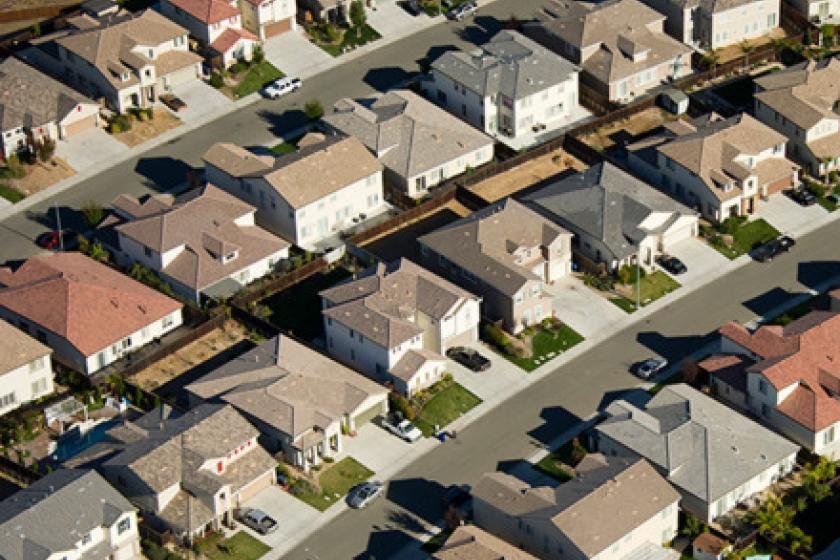
|
There is a limited amount of land on the planet. Land is one of the key planetary limits. It is vital that land is used in a sustainable manner rather than being degraded in the interest of unsustainable economic performance.
|
|
WATER
|

|

|
Without water, life as we know it cannot exist. In conventional economics, water is undervalued because for a big part of history it has been abundant and easily accessed. This is changing and water must now be valued more appropriately.
|
|
AIR
|

|
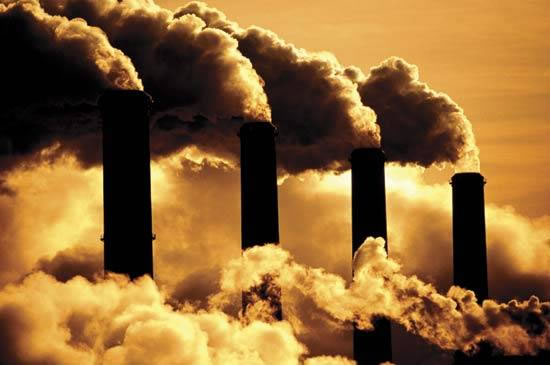
|
Clean air is good for human health as well as fauna and flora. Many steps have been taken to reduce the problem of air pollution that we can see, but not enough for the air pollution like CO2 that we cannot see, yet still dangerous.
|
|
RESOURCES
|

|

|
Natural resources have helped power the industrial revolution and enabled massive improvements in quality of life, but there are limits because of both depletion and egradation of natural capital. Better use of resources is essential.
|
|
BIODIVERSITY
|

|

|
Biodiversity is important. Humankind has emerged over millions of years as a result of massive biodiversity and complex evolution. The future of life depends on the continuing health of the biosphere in all its manifestations.
|
|
ECOSYSTEMS
|

|
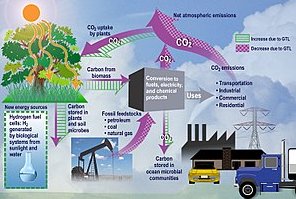
|
There is genius in the way ecosystems have evolved over millions of years to stabilize natural systems in a way that has enabled life as we know it. We should be concerned that in the past 200 years this stability is being compromised.
|
- Nature is the source of ALL value
- To improve quality of life, nature has been exploited, depleted and degraded.
- Nature is rapidly degrading but ignored in conventional financial and economic analysis.
- This is NOT sustainable.
|
|
THREE MAIN SEGMENTS OF ECONOMIC CAPITAL
|
FINANCIAL
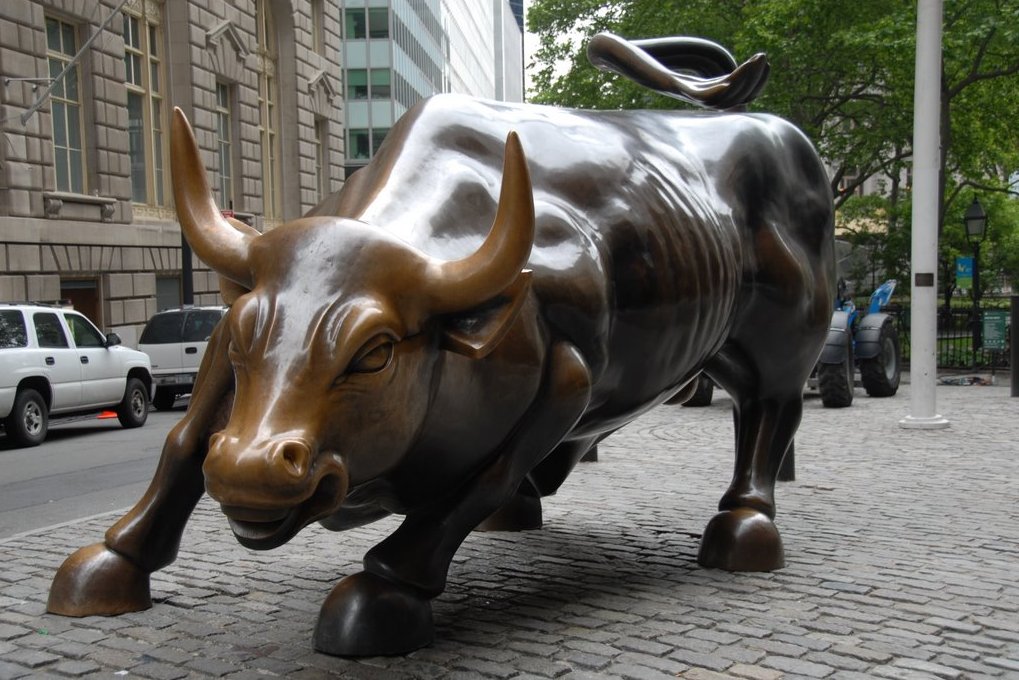
Adding to wealth is dominant goal ...
|
PHYSICAL
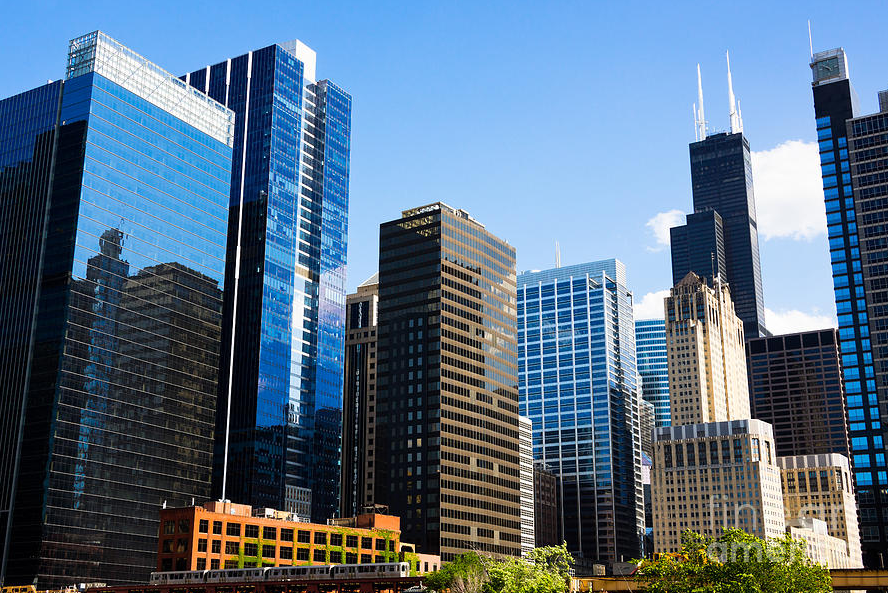
Tangible physical structures ...
|
INTANGIBLE

Important elements for quality of life ...
|
|
FINANCIAL CAPITAL
|
|
THE FINANCIAL ECONOMY
|
CORPORATE PROFITS
 Profits up
Profits up
|
CAPITAL MARKETS
 Stock Prices Up
Stock Prices Up
|
INEQUALITY
 Inequality Up
Inequality Up
|
|
In modern times, the dominant economic metrics have been GDP growth, corporate profit growth and stock market wealth. Management metrics have been aligned to these same goals, and have been very effective. The outcome for wage earners had not been as good and there has been a massive increase in inequality. TrueValueMetrics seeks to enhance accountancy to include Social Impact and Environmental Impact.
|
|
.
|
|
MOST WORKING MIDDLE CLASS OUTCOMES NOT GOOD
|
STOCKS UP

Stock market has been spectacular
|
WAGES FLAT

Productivity grows but wages flat.
|
GDP growing / GPI flat

While GDP is up, progress (GPI) is flat
|
|
AND IMPACT ON NATURAL CAPITAL IGNORED
|
RESOURCE
DEPLETION

Mining for natural resources
|
ENVIRONMENTAL
DEGRADATION

Deforestation for agriculture
|
SYSTEM
DESTABILIZATION

Extreme weather events
|
|
.
|
|
PHYSICAL CAPITAL
|
|
THE PHYSICAL (REAL) ECONOMY
|
|
.
|
LAND & BUILDINGS

|
INFRASTRUCTURE

|
PROCESSES
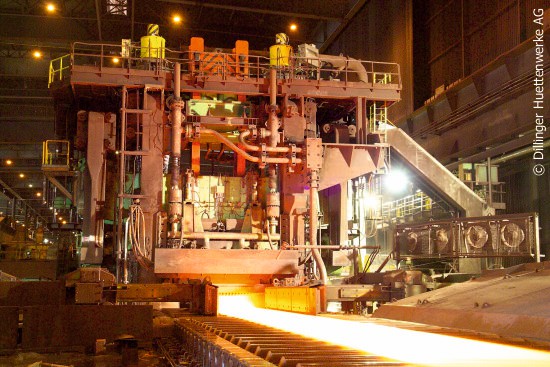
|
EQUIPMENT

|
WORKING CAPITAL

|
- Modern engineering and technology is deployed and exploited to improve profit performance.
- Rather little technology is deployed to make society and the world a better place.
- The modern 'real' economy is pretty amazing, but not so much in the news (Western news, that is).
- Many of the more amazing things are going on in the Middle East (e.g. Dubai) and Far East (China).
|
|
.
|
|
LAND AND BUILDINGS
|
COMMERCIAL
 FARMLAND
FARMLAND

|
HOTEL
 APARTMENTS
APARTMENTS

|
ROW HOUSES
 SUBURBAN
SUBURBAN

|
Buildings represent a big part of the physical economy, and are a big part of life. They have a long life and require a substantial amount of materials to build. They are where people live their lives. Buildings have impact on the environment during construction and again during their life because of operational energy use.
|
|
.
|
|
INFRASTRUCTURE
|
BRIDGES
 ROAD
ROAD

|
RAIL
 PORTS
PORTS

|
WATER
 TELECOM
TELECOM

|
Infrastructure makes a big difference to a place. The lack of infrastructure is one of the root causes of poverty in a place. Infrastructure has substantial cost to build, but long life means that infrastructure benefits accrue over a long time. The question of pubic or private ownership of infrastructure is an important ongoing debate.
|
|
.
|
|
MINING AND MANUFACTURING PROCESSES
|
MINING I
 MINING II
MINING II

|
IRON & STEEL
 CONCRETE
CONCRETE

|
PETROCHEMICALS
 PULP & PAPER
PULP & PAPER

|
Processes make products which are needed to satisfy the needs of people ... but the social and environmental efficiency of processes is not accounted for effectively. Business understands the profit performance of processes, but without better metrics, social and environmental improvement get ignored.
|
|
.
|
|
MACHINERY, EQUIPMENT & VEHICLES
|
SHIPS
 AIRCRAFT
AIRCRAFT

|
BUSES
 AUTOMATION
AUTOMATION

|
MINING
 OIL & GAS
OIL & GAS

|
The performance of machinery, equipment and vehicles has progressed enormously over the last century. Human brawn is no longer an important part of the production process, rather it is the machine that gets the work done. In the future is is not only going to be the brawn of the machine but also the brain of the machine. The challenge is to make this a benefit to society, the environment and the economy.
|
|
.
|
|
DATA / INFORMATION
|
1960's MainFrame
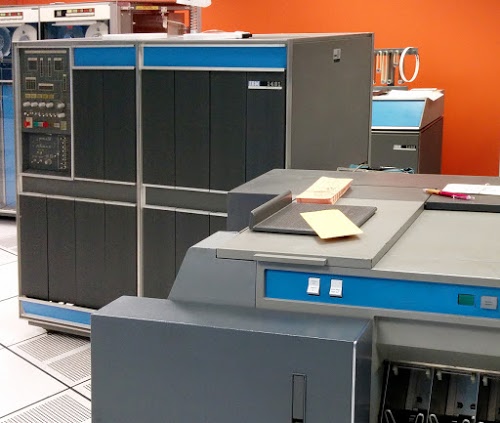 Transistors
Transistors
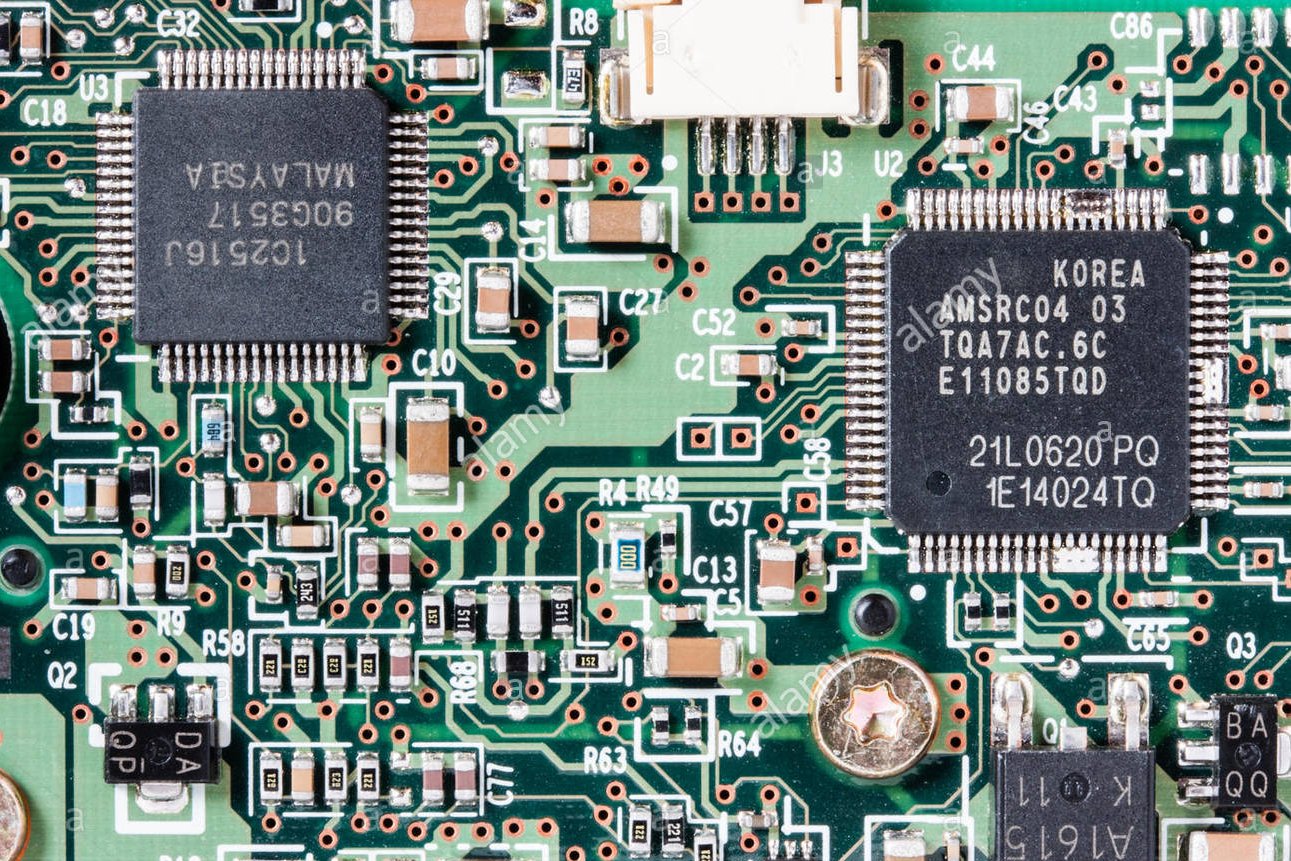
|
Internet-WWW
 Quantum Tech
Quantum Tech

|
Data Center
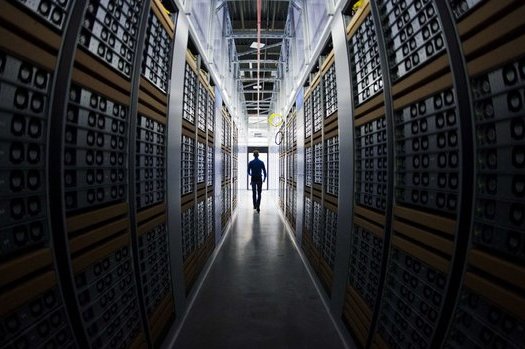 Satellites
Satellites

|
Over the last 50 years data and information has been digitized and the cost has decreased by many orders of magnitude. This has enabled a completely new dimension of economic activity and financial wealth creation. This is not widely understood and has been exploited in many ways that have done damage to the broader economy and conventional quality of life.
|
|
.
|
|
PRODUCTS / WORKING CAPITAL
|
SHIPPING
 TRUCKING
TRUCKING
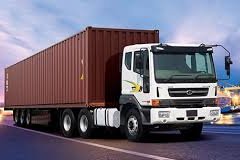
|
FULFILLMENT
 WAREHOUSE
WAREHOUSE
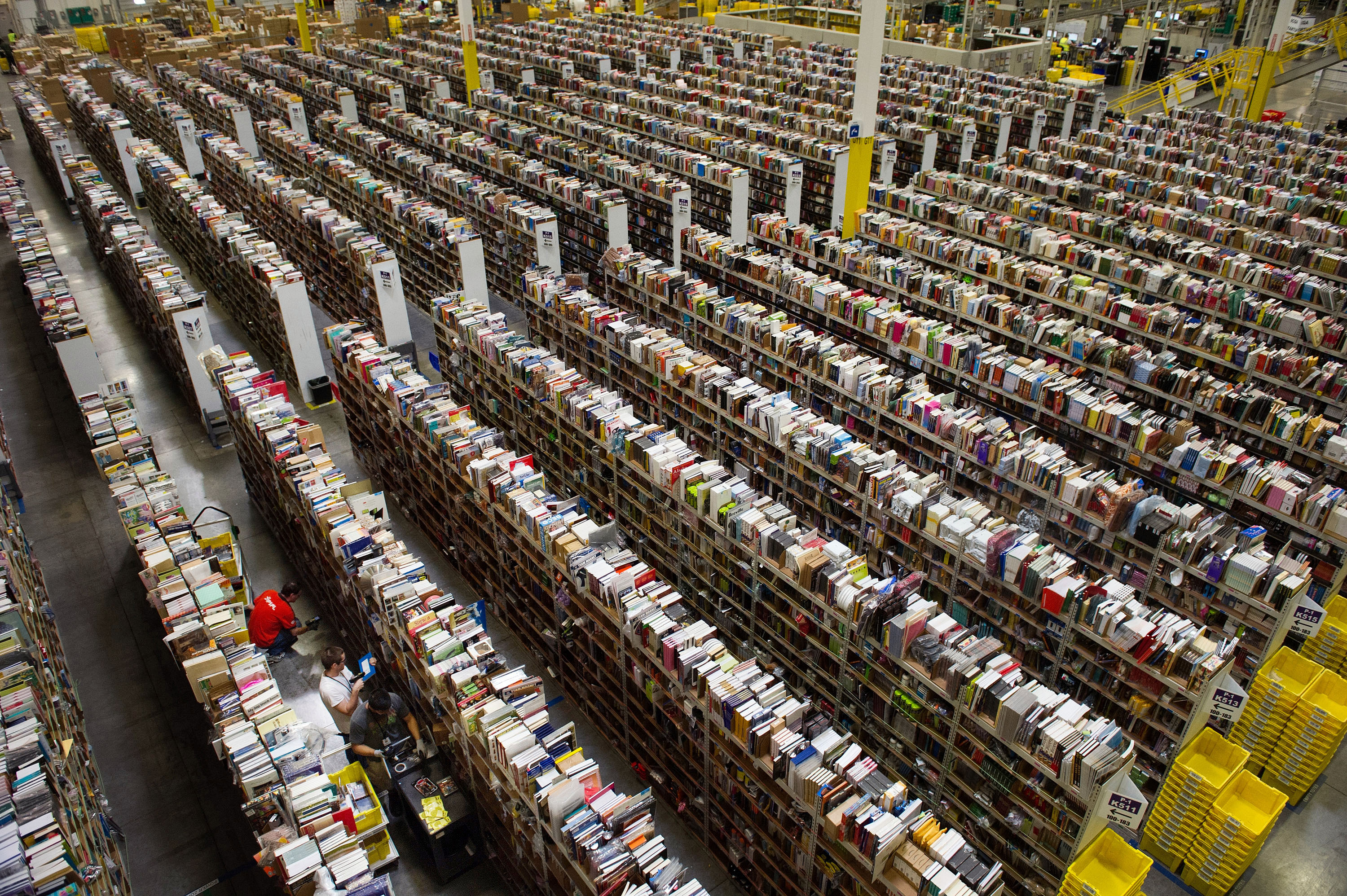
|
RETAIL
 E-COMMERCE
E-COMMERCE

|
Working capital is a vital component in the economy enabling the efficient function of essential organizations. Technology has enabled substantial improvement in the operation of the supply chain and indeed has made possible global logistics that have become a key part of the modern economy.
|
|
INTANGIBLE CAPITAL
|
|
THE INTANGIBLE ECONOMY
|
|
Some of the things that make life worth living
|
|
.
|
|
KNOWLEDGE CAPITAL
|
INSTITUTIONAL CAPITAL
|
CULTURAL CAPITAL
|
SPIRITUAL CAPITAL
|
 CAMBRIDGE UNIVERSITY
CAMBRIDGE UNIVERSITY
|
 GOVERNMENT / LAW
GOVERNMENT / LAW
|
 CULTURE / ARTS
CULTURE / ARTS
|
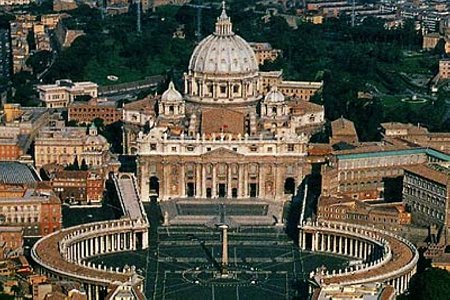 RELIGION
RELIGION
|
|
KNOWLEDGE CAPITAL
|
|
EDUCATION / RESEARCH / TECHNOLOGY
|
KNOWLEDGE

Albert Einstein
EDUCATION

Cambridge
|
BIO-TECH

Genetic code / DNA
AUTOMATION
 Auto Assembly
Auto Assembly
|
DIGITAL TECH

Quantum Computing
AEROSPACE

Space Shuttle
|
It is human imagination that makes knowledge possible. Humankind now has more easy access to knowledge than at any time in history in all sorts of fields. This knowledge has the potential for both good and bad ... nuclear power or nuclear bombs ... digital distribution of news or dangerous misinformation ... cures for disease or biological warfare ... and so on. There are huge possibilities if well used.
|
|
.
|
|
INSTITUTIONAL CAPITAL
|
|
GOVERNANCE / RULE OF LAW / ORGANIZATIONS
|
Legislation
 Companies
Companies

|
Police
 Courts
Courts

|
Military
 Accounting
Accounting

|
The challenge of ordering society in an effective way has been in play for a very long time, and getting this right continues to be a subject of great debate. What is clear is that when the enabling environment of governance, rule of law and organizations becomes dysfunctional, quality of life rapidly degenerates and the system won't work.
|
|
.
|
|
CULTURAL CAPITAL
|
|
MUSIC and ARTS / RECREATION / RELIGION
|
Music
 Drama
Drama

|
Opera
 Dance
Dance

|
Sports
 History
History

|
Cultural capital comprises all sorts of activities that give pleasure and make life worth living. They nourish the soul. Culture is not a core part of conventional economic and financial analysis, but it should be because it is such an important component of quality of life. To have a sustainable world there is a need for less materialism, and more cultural activity.
|
|
.
|
|
SPIRITUAL CAPITAL
|
|
BELIEF / RELIGION
|
Buddhism
 Islam
Islam

|
Christianity
 Judaism
Judaism

|
Hinduism
 Polytheism
Polytheism

|
Religion has played an important part in the history of the world going back to ancient Eqypt and Greece. It seems to be an essential part of human nature, serving to explain many of the complexities that cannot be understood rationally by the human mind. Religion and spiritual belief need to be a foundation for peace, but too much serves to divide and cause violence.
|

|
|
STREAMS / STRANDS / STRINGS
|
|
WHAT ARE ALL THE IMPACTS FOR THE LIFE CYCLE OF PRODUCTS?
|
NATURE

|
EXTRACTION

|
SUPPLY CHAIN

|
PRODUCTION

|
USE

|
POST USE

|
Everything that is used to support a high standard of living and quality of life has a long supply chain, then production and distribution, then use, and then a post use waste chain. For metrics to be meaningful, all of these stages must be brought into account.
|
|
CONSIDER ALL THE PERSPECTIVES
|
|
EMPOWER ALL THE ACTORS
|
|
AND ACCOUNT FOR IMPACT ON ALL THE CAPITALS
|
TECHNOLOGY

Enabler of progress
|
ORGANIZATIONS

More than profit
|
PEOPLE

Men, women & children
|
PLACE

Where people live
|
PRODUCTS

Quality of Life
|
|
Some people are very fortunate, and others less so. The accident of birth should not be the main determinant of success and a happy productive life. There should be opportunity for everyone.
The characteristics of the place make a big difference to quality of life. The choices people make regarding the products purchased and consumed impact the person, the economy and the environment.
|
|
.
|
|
ROLE PLAYED BY TECHNOLOGY
|
|
PRODUCT CONSUMPTION IS A DRIVER OF THE MODERN ECONOMY
|
CONSUMPTION

|
PROCESSES

|
MATERIALS

|
ENERGY

|
PAYROLL

|
|
Consumption is driving the modern economy. It looks like success as long as the depletion of natural resourcs and the degradation of the environment is ignored.There is strong correlation between better quality of life and more consumption in poor economies, but less so in mature rich econmies. Rich economies are increasingly associated with waste, luxury and inefficiency.
|
|
Innovation / Disruption
|
|
There is a celebration of innovation and disruption in the modern world that makes a good story for the media, but maybe is part of the reason for social malaise. In a market economy disruption usually means less work for ordinary people and lower incomes, but for the entrepreneur it can mean quite substantial wealth and power. The way the modern system is organized, the losers are on their own, and the winners are celebrated!
|
|
.
|
|
ROLE PLAYED BY INDIVIDUAL PROCESSES & FACTORIES
|
|
WHAT IS THE IMPACT ON SOCIETY AND THE ENVIRONMENT?
|
MINING

|
LOGISTICS

|
ENERGY

|
ELECTRICITY

|
PRODUCTION

|
OIL REFINERY

|
|
Every sector, every industry, has become very specialized and over a long period of time has been optimized for profit performance. Profit performance has been exceptional for decades, but too little attention has been paid to social and environmental issues. This must change. Process improvements are essential and must focus in improving social impact and environmental impact as well as merely being more profitable.
|
|
.
|
|
MANAGE FOR THE SECTORS / INDUSTRIES
|
|
WHAT IS THE IMPACT ON SOCIETY AND THE ENVIRONMENT?
|
MINING

|
LOGISTICS

|
ENERGY

|
FOOD - Vegetables

|
HOUSING

|
HEALTH

|
AG-GRAIN

|
PRODUCTION

|
REFINERIES

|
FOOD - Meat

|
EDUCATION

|
HEALTH
 |
AG-LIVESTOCK

|
RAIL

|
ELECTRICITY

|
CLOTHES

|
MOBILITY

|
HEALTHCARE

|
|
Every sector, every industry, has become very specialized and over a long period of time has been optimized for itself, and especially for its own profit performance. This sort of performance has been exceptional for decades, but very little attention has been paid to associated but external social and environmental issues. This must change. Process improvements are essential and must focus in improving social impact and environmental impact as well as merely being more profitable.
|

|
|
PEOPLE ... THE ULTIMATE ACTORS
|
|
.
|
|
PEOPLE AS CONSUMERS
|
Food - Vegetables

|
Food - Meat

|
Housing

|
Clothes

|
Mobility

|
Recreation

|
|
More consumption correlates to a better quality of life up to a certain level. Beyond that level more consumption may well have negative consequences, as for example too much food may result in obesity and diabetes or worse.
|
|
.
|
|
PEOPLE AS CONTRIBUTORS
|

|
AS INDIVIDUALS ... Live life ... Work & family
Every individual is different, both in what they are capable of doing and how they want to live their lives. People should have the freedom to succeed in all sorts of good ways, and should be helped so that they never fail. People need the facts about themselves and everything around them.
|

|
IN ORGANIZATIONS ... Do the work ... Make the decisions
Companies are important drivers of the economy. Within companies it is people that make the decisions, and for many decades the dominant metric for success has been profit without taking into consideration impact on society and nature. This must change. Profit performance on its own is not enough!
|

|
AS INVESTORS ... Allocate financial resources
The allocation of capital shapes the future of the economy. People make the decisions about what investments should be made and have been guided mainly by the potential for growth of financial wealth without taking into consideration issues relating to society and the environment. These other issues matter.
|

|
AS RESIDENTS ... part of the community in a place
More than anything else, people are the essence of a place. Much of what works in a place is because of people, and most of the things in a place are those that are needed by people and give pleasure to people.
|
|
.
|
|
ROLE PLAYED BY CORPORATE ORGANIZATIONS
|
|
ALL HAVE SUBSTANTIAL IMPACT ON SOCIETY AND THE ENVIRONMENT
|
DIGITAL TECH

Google
|
OIL & GAS

ExxonMobil
|
AERO ENGINES

Rolls Royce
|
BANKING

HSBC
|
ENGINEERING
 GE
GE
|
FOOD
 Unilever
Unilever
|
|
Most of the global economy comprises products that are produced by very big organizations that are complex with multiple factories in many different locations, and supply chains that span the globe. It is not easy to understand these companies in a way that makes it possible to hold them accountable for their behavior. Nevertheless, despite their complexity, they are able to communicate their profit performance to investors, but not their social impact nor their environmental impact, even where these are material. This has to change.
|
|
.
|
|
.
|
|
PLACE
|
|
THE CRITICAL VALUE ADD FROM LOCATIONAL CAPITAL
|
|
.
|
|
CITIES / COMMUNITIES
|
Cities and Communities are where people live their lives
|
MAIN ST.

|
SCHOOLS

|
CHURCHES

|
POLICE

|
RECREATION

|
HOSPITALS

|
SUBURBS

|
UNIVERSITIES

|
HOUSING

|
FIRE

|
RELAXATION

|
PERSONNEL

|
|
All living is local. Everything is needed in the place to enable a decent quality of life (QoL). Everything is interconnected. Nothing important can be missing ... multi-sector is essential. When the place is dysfunctional life is much more difficult.
|
|
.
|
|
COUNTRIES
|
More than 200 countries ... with vastly different characteristics
|











|
There is plethora of data averaged at the country level. These data at the country level useful for broad comparisons, not so much for management of performance and decision making. Specifics of different locations within a country are essential for better allocation of resources and problem solving.
|
|
.
|
|
PRODUCTS
|
|
PRODUCTS IMPACT PEOPLE AND ORGANIZATIONS AND NATURE
|
|
.
|
|
NEEDED FOR A DECENT QUALITY OF LIFE
|
Food - Vegetables

|
Food - Meat

|
Housing

|
Clothes

|
Mobility

|
Recreation

|
|
More consumption correlates to a better quality of life up to a certain level. Beyond that level more consumption may well have negative consequences, as for example too much food may result in obesity and diabetes or worse.
|
|
.
|
|
PRODUCTS START WITH NATURE AND HAVE A LONG LIFE CYCLE
|
NATURE

|
SEA

|
STEEL

|
EATING

|
WASTE

|
RECYCLING

|
NATURE

|
ROAD

|
REFINING

|
CONSUMING

|
LANDFILL

|
RECYCLING

|
EXTRACTION

|
RAIL

|
POLLUTION

|
DRIVING

|
FLOODS

|
NO WASTE

|
|
Products enable consumption that improves quality of life.
The production of products is a critical economic activity and source of profit for companies.
Production and products are only sustainable if they do not degrade the environment. Most modern industrial process are catastrophically unsustainable.
Smarter processes are needed together with smarter products, smarter consumers and systems to enable a circular economic model.
|
|
NATURE AND NATURAL SYSTEMS ARE FOUNDATIONAL
|
SUN
 NATURE
NATURE

|
NATURE
 BIODIVERSITY
BIODIVERSITY

|
Everything starts with nature ... but the importance of nature is ignored in most of economics, business management and politics. Natural ecosystems make clean water and air, maintain the productivity of soil, stabilize the climate and so much more.
Energy from the sun provides the energy for all sorts of natural production, as well as agrticulture for food production
There are complex networks that link the lifecycles of animals (including fish) and plants and are essential for life to go on season after season.
|
|
ECONOMIC ORGANIZATIONS PRODUCE AN ABUNDANCE OF GOODS
|
FARMING
 MINING
MINING
 STEEL
STEEL
 SEA
SEA

|
ENERGY
 RAIL
RAIL
 REFINING
REFINING
 ROAD
ROAD

|
The scale and complexity of the modern global economy is difficult to comprehend. It has been enabled since the start of the industrial revolution by impressive improvements in technology and this has accelerated over the years.
Customers have very little knowledge about the complete life cycles of the goods and services they buy and use. They know about price, and the messages associated with the product and the brand, but not much more.
Most companies optimize for profit and to generate wealth. Some companies know about the social and environmental impacts ... good and bad ... associated with the supply chains for what they produce and sell, but this information is closely held to the extent that it is known because almost all production is unsustainable into the future.
The flow of goods and services at the present level of economic activity is dangerously unsustainable, and will become more so as countries like India and China become more affluent and consumption increases. It is estimated that if everyone on planet earth had the lifestyle associated with the USA, it would require between 7 and 10 planets to be sustainable.
|
|
THE CONSUMPTION OF PRODUCTS IS CENTRAL TO QUALITY OF LIFE
|
EATING
 MOBILITY
MOBILITY
 HEALTH
HEALTH

|
CONSUMING
 RELAXATION
RELAXATION
 EDUCATION
EDUCATION

|
In a world of shortage, more is better ... and for most of history this has been the reality, but less so in modern times where productivity enables an abundance of material goods and services. The limiting factor is no longer production but the ability of nature to sustain such production without catastrophic degradation.
Quality of life improves when there is an abundance of goods and services from which to choose ... however too much results in negative impacts like obesity and diabetis.
For companies, more production and more sales results in more profits while at the same time more corporate responsibility results in more costs and less profits. Advertising is mainly about getting more sales, no matter the misinformation.
It is time for better metrics!
|
|
WASTE, INDUSTRIAL DETRITUS AND ENVIRONMENTAL DEGRADATION
|
AIR POLLUTION
 WATER USE
WATER USE
 LANDFILL
LANDFILL
 FLOODS
FLOODS

|
GHGs
 POLLUTION
POLLUTION
 PLASTIC
PLASTIC
 HURRICANES
HURRICANES

|
The modern economy produces a massive amount of waste. There is waste at every stage of the produce life cycle, and the costs of this waste are ignored in conventional financial management accounting.
Industry has a history of doing the minimum to reduce air pollution both as regards human health and the impact on the environment.
Agriculture and industry are using more water than the natural replenishment, and there are massive flows of polluted water into most major watersheds
Industry has also embraced the use of plastic ... including single use plastic ... without doing much about the way the plastic pollutes both land and seas and kills wildlife.
In addition industry has had little interest in ensuring that important ecosystems remain viable, both as regards biodiversity and also climate stability. Many scientists now consider that the climate situation has morphed into a climate crisis.
|

|
|
Peter Drucker famously said you manage what you measure ...
|

|
This is undoubtedly true ... in the corporate world, the components that go into making profit are measured intensely in order to improve profit performance ... and it works!
Unfortunately, we don't do anything like the same amount of measuring in order to improve society and avoid degrading the environment ... and we don't have any easy way of talking about social performance and environmental performance in the same way that we are able to talk about corporate performance and investment portfolio performance. This has to change
|
|
We argue that you had better measure the right things
|
|
.
|
|
IMPERATIVE FOR RADICAL ACCOUNTABILITY
|
|
EVERYTHING FOCUSED ON PROFIT PERFORMANCE MAKES NO SENSE
|
|
We talk about profit and money and wealth
|
But not about low wages, poverty and deprivation
|
And how the system is rigged in favor of the wealthy
|
And all sorts of abysmal hidden corporate behavior
|

|

|

|

|
|
The only group that are protected systemically are investors ... everyone else may be lied to with impunity. In the USA it is called the First Amendment. But there is nothing to stop society from doing RADICAL ACCOUNTABILITY so that misfeasance in every aspect of society is exposed.
|
|
INTRODUCING THE TVM INITIATIVE
|

|
Numbering the Triple Bottom Line



Accounting for ALL the Capitals
|

|
TRANSPARENCY and ACCOUNTABILITY
|
|
METRICS TO MAKE THE WORLD A BETTER PLACE
|
|
ACCOUNTING FOR EVERYTHING THAT MATTERS
|
|
MANAGEMENT TO MOVE THE NEEDLE
|
- Uses the core concepts of conventional accountancy.
- Enhances the concepts to address the issue of social impact.
- Also incorporates the impacts linked to environmental changes.
- Considers multiple perspectives beyond the corporate reporting entity.
- Accounts for impacts of any activity on social, natural and economic capitals.
|
- Accounts for energy use in processes and embedded in products.
- Acccounts for social impact associated with profile of payroll.
- Accounts for impacts that have material impact on sustainability.
|
|
|
Data at the Center

|
|
Data Everywhere

|
|
|
These schematics were drawn around 1995 early in the days of electronic data collection. What was expensive then, has now become relatively low cost. However, the challenge remains to make use of data in a meaningful way so that better decision get made.
|

|

|

|

|

|

|

|

|
|
Peter Burgess grew up in post-war Britain. He was born in Lancashire, spent the war years in the suburbs of London, and after the war moved to rural Devonshire. He was educated at Blundell's and played schoolboy rugby for the English Public Schools against Scotland before entering Cambridge. His academic training was in engineering and economics, and later a professional qualification as a Chartered Accountant. He migrated to the USA in 1967. He worked in corporate financial management until 1978, then as an independent consultant. He did intensive consultancy work with the World Bank, the UN and corporate clients, doing assignments in over 50 countries. He was an early adopter in the field of EDP and later personal computers and applied information technology. In recent years he has become deeply concerned that modern leadership has failed to address the issues of inequality, the climate crisis and corruption and lacks effective management tools for accountability ... hence his current work on the development of TrueValueMetrics (TVM).
|

|
|
|
|

